Misinformation law would prevent ‘Trumpian’ lies in referendum, says Yes vote architect Megan Davis
The Yes campaign lost the voice referendum after Labor rejected pleas by Indigenous leaders for a misinformation bill that would have helped defeat ‘Trumpian’ lies, says advocate Megan Davis.
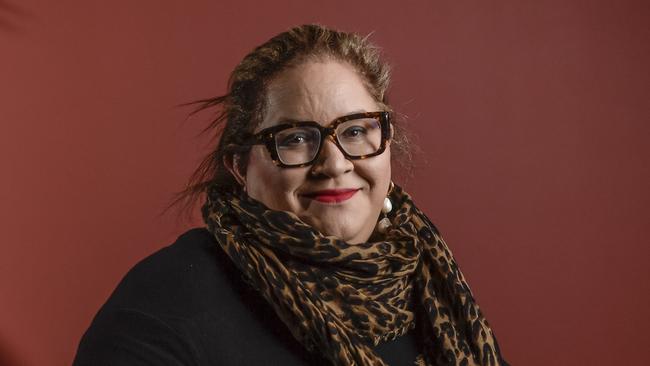
Voice to parliament architect Megan Davis has called for misinformation legislation to protect a future referendum from an onslaught of “Trumpian” lies and distortions, following the defeat of the Yes campaign last year.
Professor Davis, also said the Uluru Dialogue, of which she is co-chair, had tried to warn the well-funded Yes23 campaign at Christmas in 2022 that Advance, the major group opposing the voice, had already taken control of the narrative – months before Yes23 released its first commercial on news websites and television.
In a speaking event through the University of NSW, at which she is pro vice-chancellor – society, Professor Davis also criticised the ABC over its “false equivalence”, saying the veneer of balance culminated in Yes campaigners being denied interviews through the end of the referendum debate.
The renowned constitutional lawyer detailed what she claimed were the beginnings of a misinformation campaign against the voice from November 2022, and her frustrations in driving the Albanese government to legislate against misleading campaigns on behalf of the No vote.
“I remember saying to Labor ‘it’s a problem for us (Indigenous groups), and you might not think it’s a problem for you, but it’s going to become one, you just don’t see it yet’,” Professor Davis said.
“I’ve had a lot of contact from Queenslander mob … who are saying the Queensland Electoral Commission put out all of these ads about misinformation so that Queenslanders can distinguish between what is fact and what is not. We’d asked for that.
“They’re taking it seriously now because their own electoral misfortunes are at stake.”
Key to this was a proposal from Indigenous committees within government to float a bill against referendum misinformation, fearing an onslaught of “Trumpian” No campaigns.
“The Aboriginal committees did press upon Labor to pass legislation to protect the referendum from lies and misinformation,” she said.
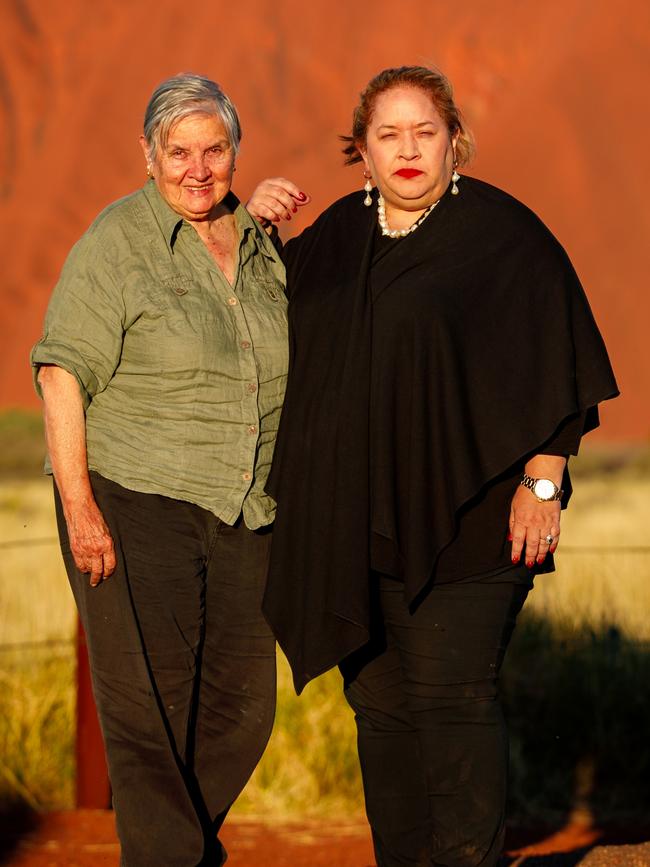
“It’s important to ask the question, and certainly in relation to referendums going forward, what role the law can play in terms of Australians being able to debate these issues fairly … we want freedom of speech, but we need to balance that with upholding principles of democracy and democratic rights.
“We had been told by ALP campaign experts that they expected the Trumpian misinformation to arrive on Australian shores in the 2019 election, and it didn’t happen. Then they thought it would happen in the 2022 election; it didn’t happen. And then they were kind of ambivalent about what impact it had on our referendum.”
Professor Davis said the national broadcaster was equally at fault.
“The ABC constantly emailed all of the Aboriginal staff at UNSW saying ‘we’re desperately looking for a No activist from La Perouse, can someone find us one please, because we’ve got this debate coming up’,” she said.
“We have to do all of this ABC interaction on the basis of the most ridiculous arguments that were not even plausible legal arguments, but just because they wanted this balance.
“By the time you got to the last six weeks, commercial television wouldn’t even run Yes (campaigners). Unless No ran someone, unless Advance (put up an interviewee) they would not run someone from the Yes campaign.”
Professor Davis echoed comments by ABC board member and journalist Laura Tingle, who similarly criticised the alleged poor editorial rigour of the national broadcaster in the final days of the campaign.
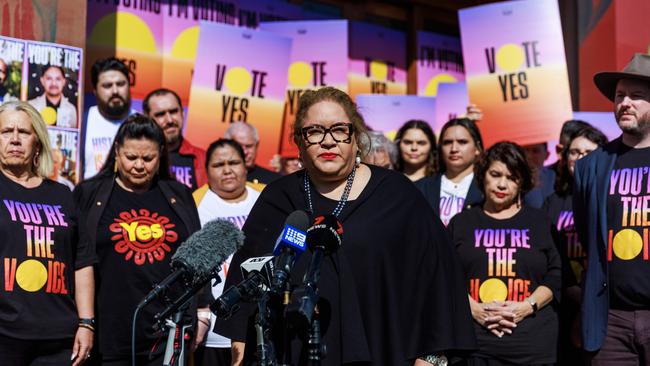
At the launch of David Marr’s book, Killing for Country, Tingle said ABC reporters had to “fill in a form” detailing “the number of minutes the Yes case has got, (and) the number of minutes the No case has”.
“It’s completely sick,” she said. “It affects the way we structure and report stories because they say if you can’t get somebody who’s a No, you can’t put on somebody who’s a Yes.”
Professor Davis, a Cobble Cobble woman and Harvard Law visiting professor, argued this “false equivalence” gave voters the impression Indigenous populations were evenly split on the voice, despite polling indicating vast support.
“It was impossible for us to articulate our case, because journalists would come to us with the most farcical and absolutely offbeat questions,” she said.
The ABC disputed her account.
“We do not agree with Professor Davis’s comments. The advice to managers in the lead-up to the voice referendum was to ensure each of the programs and platforms they manage had a genuine diversity of perspectives,” a spokesperson said. “Teams were explicitly told that 50/50 balance of advocates was not required.
“The coverage was high-quality and successfully included diverse voices and opinions from all parts of Australia. The ABC was ever mindful of its responsibility to facilitate a comprehensive but responsible debate in an impartial manner.”
In an essay, Professor Davis said journalists had returned to “running government press releases” rather than delving into the nuance of Indigenous affairs.
“The media absolutely abdicated (its responsibility) to read. They did not read the expert panel report, they did not read the Referendum Council Report. All they went off was Advance’s talking notes,” she said.
“That fundamental job to fact-check, and to make sure that what you’re putting to the Yes campaign or the Aboriginal people is accurate and factual, just went out the window, and then it was just amplified in the most extraordinary way on social media.”
She said key stakeholders in the Yes campaign had recently convened to autopsy their shortcomings in the referendum debate, with lobby group Advance seen as the driving force behind an early loss of control over the political narrative.
“Advance was really clever. They started (campaigning) really early, they got money outside of the statutory declaration period (and) they had this really clever (seemingly) neutral news site that had referendum news well before it was really in the consciousness of most Australians,” Professor Davis said.
“They ran multiple No campaigns and did a really effective job, and I don’t think the Yes campaign was ready for it.
“We went to the main campaign, Yes23 … and said to them ‘this is a problem’. We said that to them over Christmas.
“By the time January, February came around, I think we had probably already lost that narrative debate.”
Professor Davis spoke at UNSW Law and Justice’s Legal Hour: Misinformation in the Media event alongside lawyer Kevin Lynch, Guardian correspondent Ben Doherty and UNSW associate professor Alyce McGovern.
In August last year, Anthony Albanese claimed the No campaign was promoting fear and nonsense about what the voice’s priorities would be.
“Some of the stuff is just so absurd. Like the idea that Indigenous Australians, with an eight-year life expectancy gap, with infant mortality rates worse than non-Indigenous Australians, with a young Indigenous male more likely to go to jail than university, that they’re worried about where subs might be located. Or that they’ll issue or be concerned about parking fines,” the Prime Minister said.
However, the potential reach of the voice was at the forefront of the debate, particularly over whether or not it should be able to advise executive government as well as parliament. Professor Davis and fellow constitutional expert Gabrielle Appleby wrote in The Weekend Australian in March 2023 that nobody would be able to shut the voice up and it would be able to speak on a wide range of matters, including to the Reserve Bank, but “it will have to spend its political capital wisely”.
Less than a week before the referendum was defeated, Centre for Public Integrity chair Anthony Whealy said the voice might seek to make representations to the government on AUKUS in cases where Indigenous people were concerned about nuclear proliferation on their land.
However, he predicted the voice would lose its efficacy if it sought to make broad representations outside issues that directly affected Indigenous people.


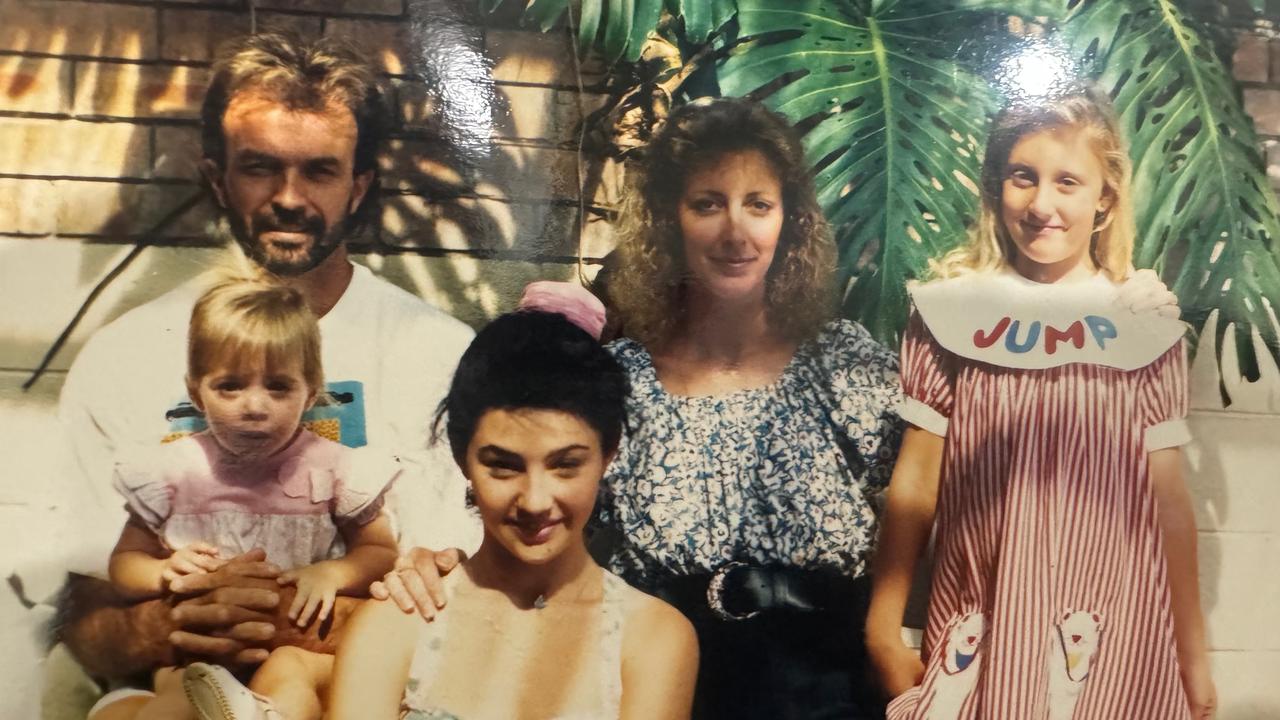
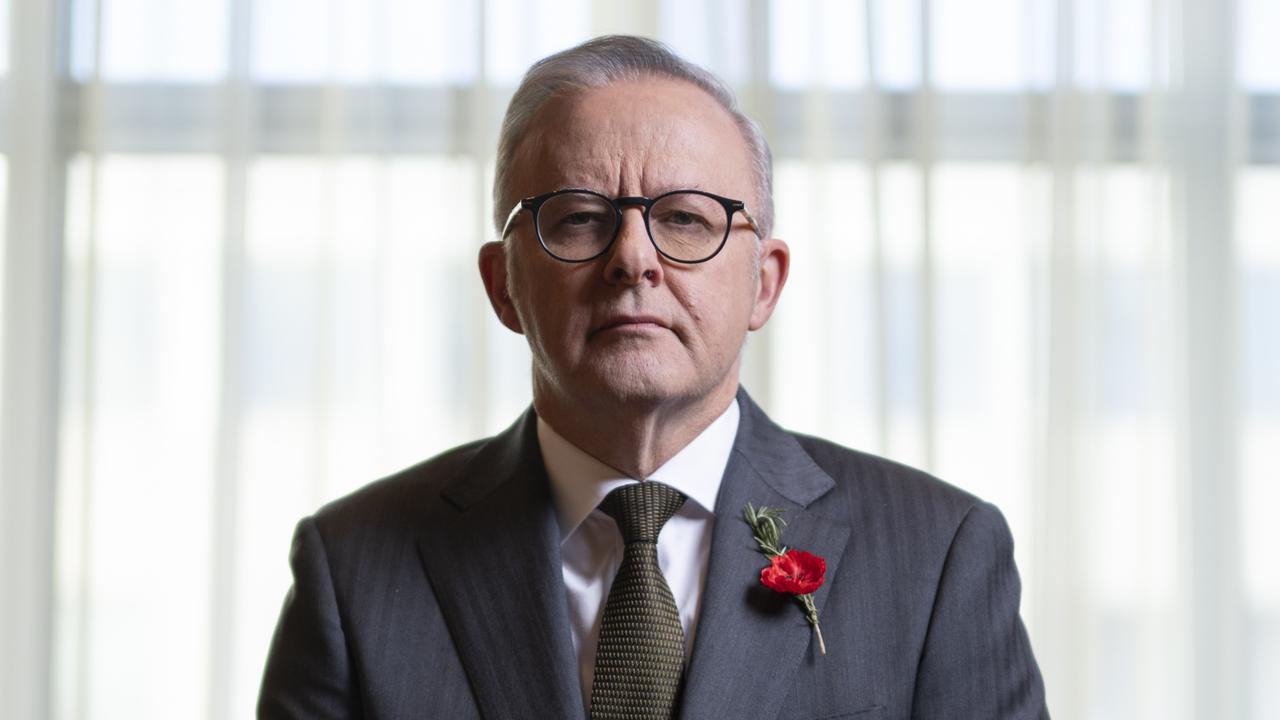
To join the conversation, please log in. Don't have an account? Register
Join the conversation, you are commenting as Logout